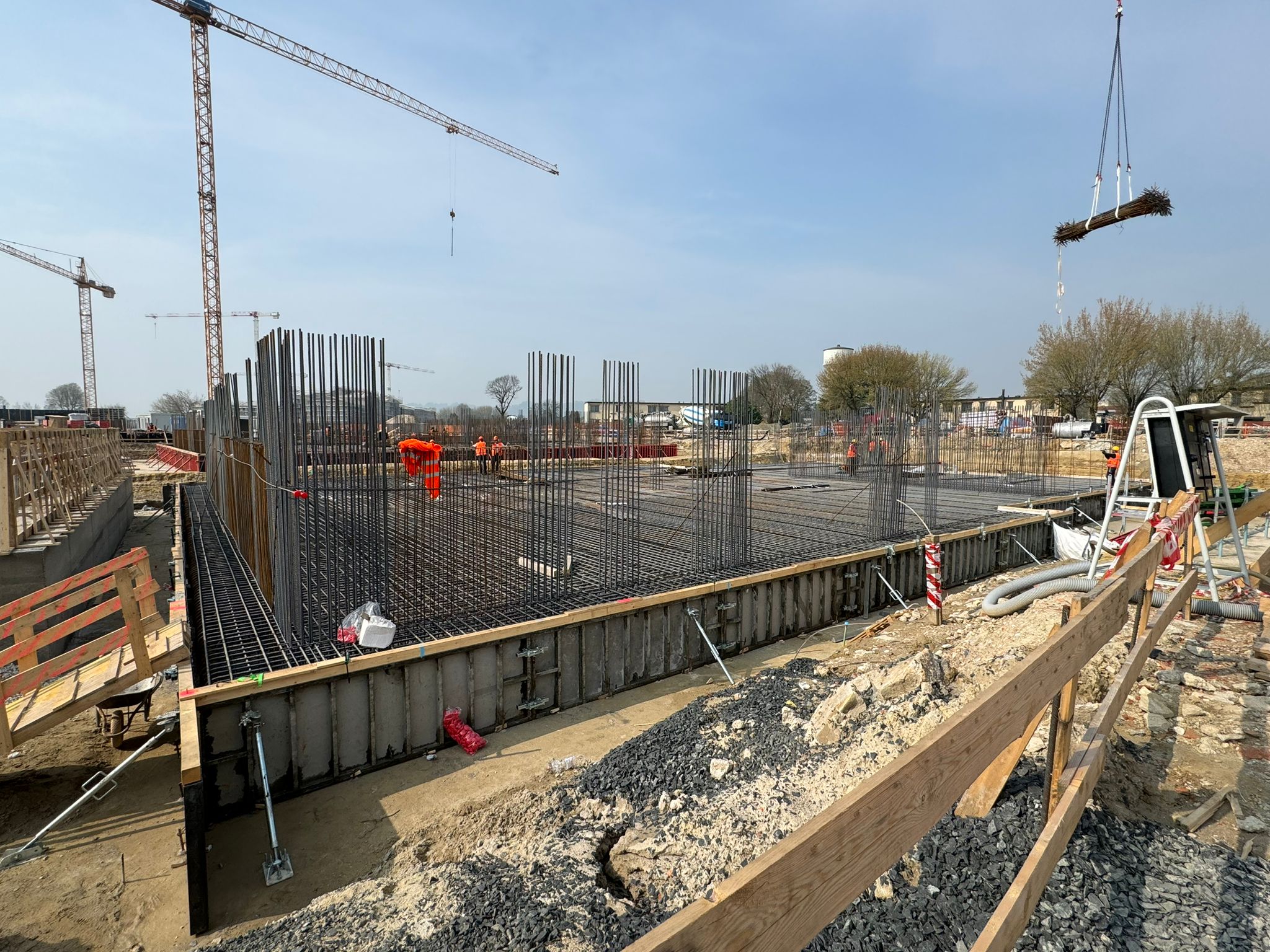In the world of construction, the debate between mixing concrete on-site versus opting for ready-mix concrete continues. While some may argue for the traditional method of on-site mixing for its perceived flexibility, there are several compelling reasons why ready-mix concrete (RMC) stands out as the smarter choice for most projects.
1. Consistency and Quality Assurance
Ready-mix concrete is prepared in specialized batching plants under strict quality control measures. This ensures consistency in proportions of cement, aggregates, water, and additives with each batch. In contrast, on-site mixing can lead to variations in materials, resulting in inconsistent quality and strength, which are critical for the structural integrity of buildings and infrastructure.
2. Time and Efficiency
Time is money in construction, and ready-mix concrete saves both. With RMC, you eliminate the time-consuming tasks of sourcing, measuring, and mixing materials on-site. Instead, the concrete arrives ready to pour, reducing labor costs and speeding up project timelines significantly. This efficiency minimizes construction delays and allows for smoother project management.
3. Cost-Effectiveness
While the initial cost of ready-mix concrete may seem higher than on-site mixing, it offers long-term cost savings. The precise batching and quality control of RMC minimize waste, reduce the need for additional labor, and lower maintenance expenses due to its consistent quality and durability over time. These factors contribute to overall project cost-effectiveness.
4. Expertise and Support
Choosing ready-mix concrete means leveraging the expertise of concrete suppliers who understand the complexities of construction projects. They can provide technical support, recommend the appropriate mix design for specific applications, and offer insights into optimizing concrete performance based on environmental conditions and project requirements.
5. Safety and Environmental Considerations
Handling concrete on-site involves risks associated with handling raw materials and the environmental impact of waste disposal. Ready-mix concrete minimizes these risks by ensuring safe handling practices and reducing material wastage through precise batching and delivery. It also promotes sustainable construction practices by optimizing material usage and energy efficiency.
Conclusion
In conclusion, while on-site mixing may have its place in certain niche applications, the advantages of ready-mix concrete in terms of consistency, efficiency, cost-effectiveness, and safety make it the smarter choice for most construction projects. Whether you’re building a residential driveway or a commercial skyscraper, opting for ready-mix concrete ensures that your project starts on a solid foundation and progresses smoothly towards successful completion.

